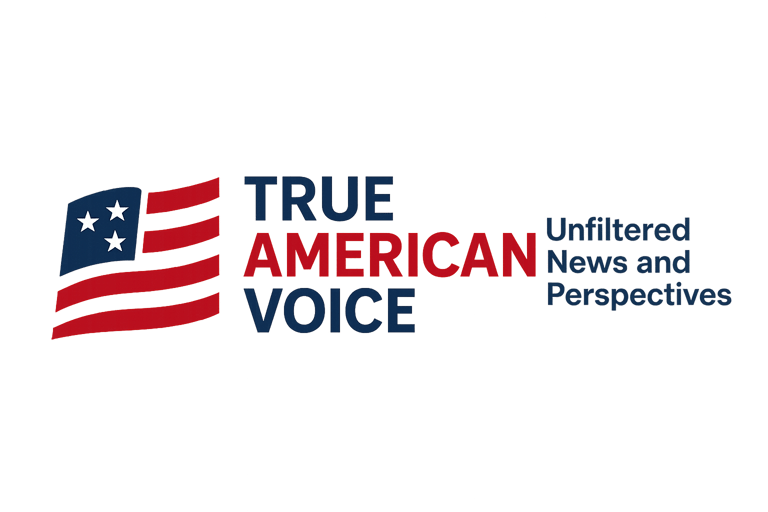How Faith Shaped the Founding Fathers’ Vision for America
Discover how Christianity influenced the Founding Fathers’ beliefs, values, and the creation of the American Republic. Learn how faith guided their vision for liberty and moral governance.
Daniel Brooks
10/27/20252 min read


The birth of the United States wasn’t just a political revolution — it was also a moral awakening. Behind the drafting of the Constitution and the Declaration of Independence stood a generation of men whose worldview was deeply influenced by faith, Scripture, and the moral teachings of Christianity. For America’s Founding Fathers, liberty was not merely a political right but a divine responsibility.
Faith as the Moral Foundation
Many of the Founding Fathers believed that a free nation could not survive without moral virtue — and that virtue flowed from faith.
George Washington wrote in his 1796 Farewell Address:
“Of all the dispositions and habits which lead to political prosperity, religion and morality are indispensable supports.”
To the founders, freedom and faith were inseparable. The idea that human rights were “endowed by their Creator” reflected a Biblical worldview where authority came from God, not government.
You can read a deeper Biblical reflection on the connection between faith and freedom in this article on BibleIsLife.com, a resource dedicated to exploring the spiritual truths behind life and purpose.
The Bible’s Influence on American Ideals
The influence of the Bible can be found throughout the documents and letters of early America.
The Declaration of Independence echoes Biblical principles of equality and justice.
The Constitution assumes moral restraint, expecting citizens to govern themselves through conscience and character.
Even the concept of checks and balances stems from a Biblical understanding of human imperfection — “for all have sinned and fall short of the glory of God” (Romans 3:23).
These ideals didn’t emerge from pure philosophy. They were shaped by a Christian moral compass that reminded the founders of both human dignity and human frailty.
Diversity of Belief — Unity in Values
While not all the Founding Fathers shared the same denomination or level of devotion, most recognized the moral authority of the Bible.
John Adams declared that “our Constitution was made only for a moral and religious people.”
Thomas Jefferson, though often labeled a deist, still referred to God as the ultimate judge of the world.
Benjamin Franklin, pragmatic and scientific, nonetheless urged daily prayer during the Constitutional Convention.
Their diverse faith expressions were united by one conviction — that a nation without God’s moral order cannot stand.
Faith and the American Republic Today
Fast forward to modern America, and the echoes of faith still resound in debates about freedom, justice, and morality. While society has become more secular, the foundational truth remains:
A free nation must rest upon a moral and spiritual foundation.
Without shared virtues rooted in faith, liberty turns into chaos, and freedom loses its moral compass. The Founding Fathers understood this balance — and it’s a truth worth remembering today.
For readers seeking to understand how Biblical wisdom still guides personal and national renewal, you can explore resources at BibleIsLife.com.
Conclusion
The Founding Fathers built a republic not just on reason and politics, but on faith, morality, and the conviction that human freedom was a divine trust.
Their writings remind us that America’s true strength has never been found in its wealth or weapons, but in its belief that liberty is sacred because it comes from God.
When faith guides a nation, freedom finds its purpose.
